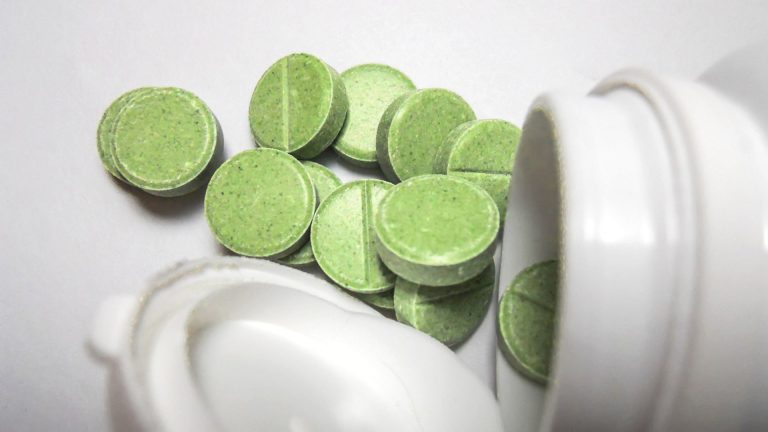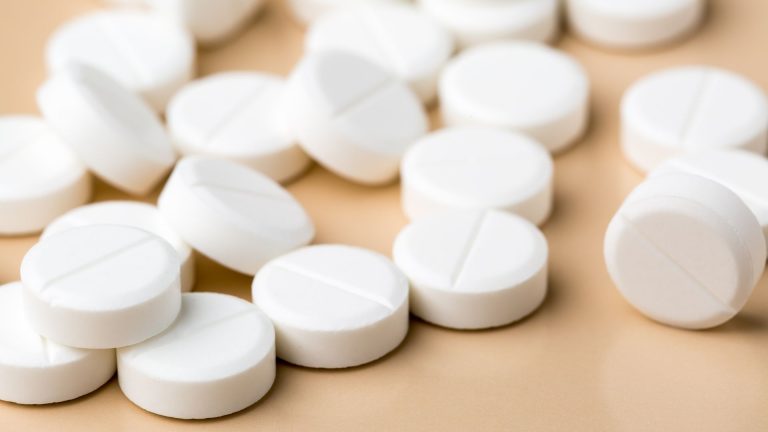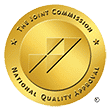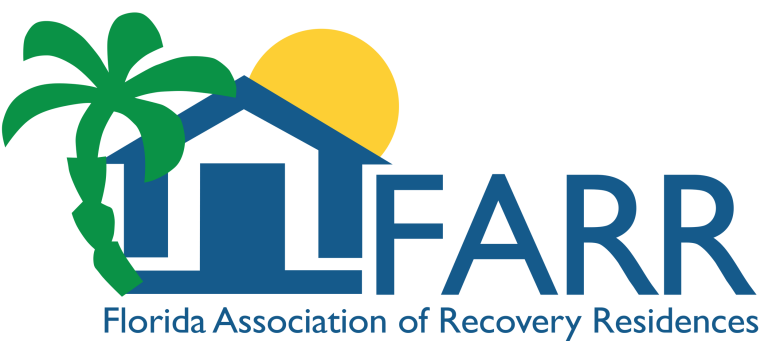Fentanyl is a synthetic opioid that is 50 to 100 times stronger than morphine. While fentanyl is used medicinally, illicit versions of it are sold on the street. Even though fentanyl is already potent on its own, the strength of illegally manufactured fentanyl (IMF) is impossible to predict.
As a result of this, abusing IMF increases your risk of experiencing a life-threatening overdose. According to the Drug Enforcement Administration (DEA), “42% of pills tested for fentanyl contained at least 2 mg of fentanyl, considered a potentially lethal dose.”[1]
If you or a loved one abuse fentanyl, you might be wondering how long withdrawal lasts. When you stop consuming fentanyl, withdrawal symptoms will arise within 12 to 48 hours after the last dose. Your symptoms will peak in 2 to 4 days and last up to 2 weeks.
While fentanyl withdrawal can be difficult to overcome, medical detox centers provide the medications and support you need to begin your recovery journey.
In this article, you will learn:
- What symptoms to expect during fentanyl withdrawal
- What is the fentanyl withdrawal timeline
- How does detox help you overcome fentanyl withdrawal
What are the Symptoms of Fentanyl Withdrawal?
Fentanyl attaches to opioid receptors in your brain to cause mind-altering and pain-relieving effects. When you are addicted to it, your brain adjusts to the presence of fentanyl. If you suddenly stop taking fentanyl, you will experience withdrawal symptoms.
The common symptoms of fentanyl withdrawal include:
- Flu-like symptoms (i.e. headaches, fever, and runny nose)
- Restlessness or insomnia
- Muscle aches and joint pains
- Gastrointestinal issues like stomach aches and diarrhea
- Fatigue and feelings of weakness
- Nausea and vomiting
- Increased heart rate and high blood pressure
- Cravings for fentanyl
- Mental health symptoms like anxiety or depression
- Respiratory issues
While fentanyl withdrawal is not usually life-threatening, it still requires medical supervision. Without detox medications, you’d be incredibly tempted to relapse. Relapsing on fentanyl after even a short period of abstinence increases your risk of overdose.
How Long Does Fentanyl Withdrawal Last?
The fentanyl withdrawal timeline can vary from person to person, often depending on factors like how long you were abusing it and the dose you usually consumed. That said, most people have a similar experience.
When experiencing fentanyl withdrawal, you can expect:
12 to 48 Hours
The initial symptoms of fentanyl withdrawal will appear in 12 to 48 hours after your last dose. They are usually mild, including flu-like symptoms, restlessness, and cravings. Even though these side effects are not severe, you should allow a detox center to help you manage withdrawal symptoms.
2 to 4 Days
Your withdrawal symptoms and cravings will peak on the 2nd to 4th day. This means they will be at their most severe. During this time, you must be receiving detox services like medication-assisted treatment, vitals monitoring, and psychological support.
Peak symptoms of fentanyl withdrawal might feel like a really bad flu and include additional symptoms like diarrhea, vomiting, intense cravings for fentanyl, and severe depression or anxiety. However, detox programs will provide you with medications to lessen these symptoms.
5 Days to 2 Weeks
After 5 days, your symptoms will begin to subside. Most physical symptoms will lessen, leaving you to cope with psychological effects like anxiety, depression, insomnia, and cravings. You could experience these effects for up to 2 weeks after you last consumed fentanyl.
It is possible to experience psychological symptoms for longer than two weeks. This is due to a condition called post-acute withdrawal syndrome (PAWS).[2] Thankfully, detox centers can prescribe medications to help you cope and allow you to stay on track in your recovery.
100% Confidential Support is Available 24/7
No matter what you’re going through, you’re not alone. Our dedicated team is here to provide a safe, judgment-free space where you can talk openly and honestly. Whether you need emotional support, resources, or just someone to listen.
We’re here for you—completely confidential and always respectful of your privacy. Call us today!
How Detox Centers Treat Fentanyl Withdrawal
Opioid withdrawal can be difficult to overcome, especially if you are addicted to fentanyl in particular. Thankfully, detox and withdrawal treatment make it possible to overcome your symptoms without experiencing severe side effects. Knowing how these programs work can motivate you to seek the help you need.
The first step in fentanyl detox is an in-depth assessment. Addiction specialists will ask you questions about your substance abuse history to create an individualized detox plan.
Once your treatment plan is created, you will be medically stabilized. This often includes monitoring your vital signs, like your heart rate, breathing rate, blood pressure, and body temperature. You might also be given IV fluids to replace important missing nutrients.
Next, you will be given medication to lessen withdrawal symptoms and cravings. The most common medications used to treat fentanyl withdrawal include:
- Suboxone
- Methadone
- Clonidine
- Lucemyra
You will be slowly tapered off of the medication until you no longer experience withdrawal symptoms. In addition to medication, you will have access to psychological support like behavioral therapies, group counseling, and more.
Contact Solutions Healthcare
Battling with Drug and Alcohol Addition? Remember, you are not alone and we are here to help you!
Get Connected to a Medical Detox Program for Fentanyl
If you or a loved one suffers from fentanyl addiction, you should seek professional help. The first step in overcoming an opioid use disorder is medical detox.
Solutions Healthcare is here to help you overcome fentanyl withdrawal. Contact us today to learn more about our fentanyl addiction treatment programs.
References
- The Drug Enforcement Administration (DEA): Facts About Fentanyl
- Science Direct: Identification and Evidence-Based Treatment of Post–Acute Withdrawal Syndrome














